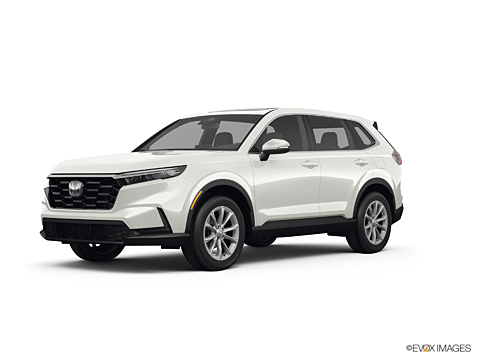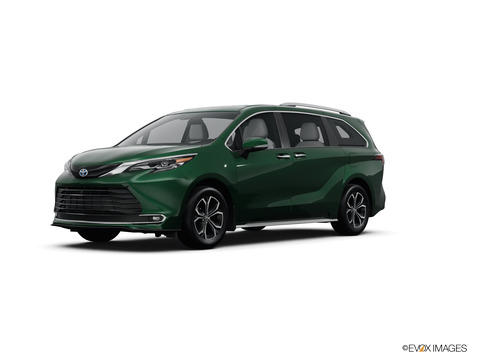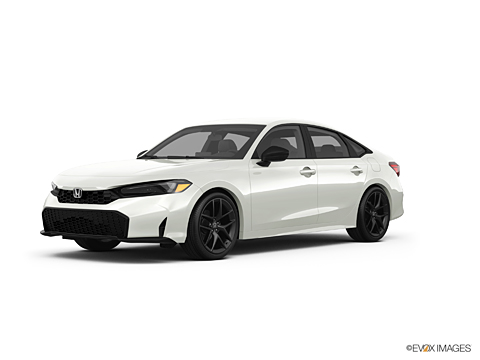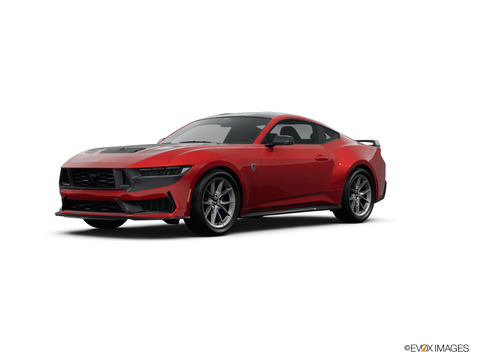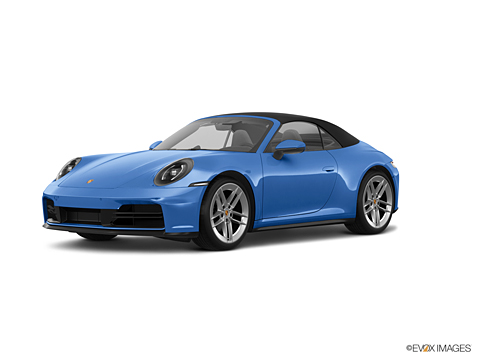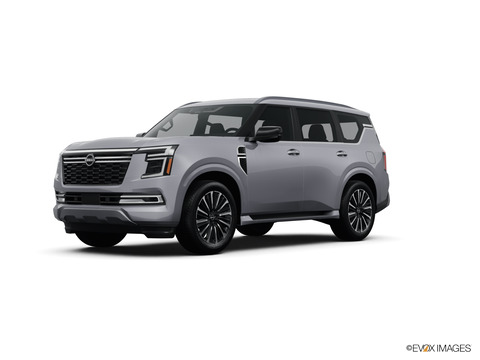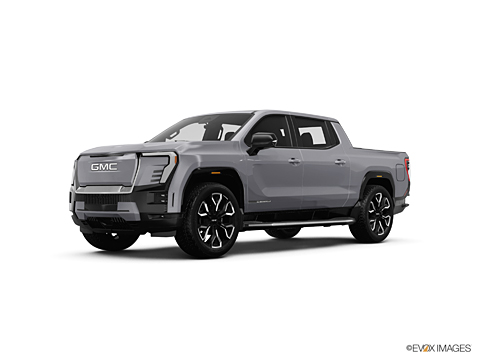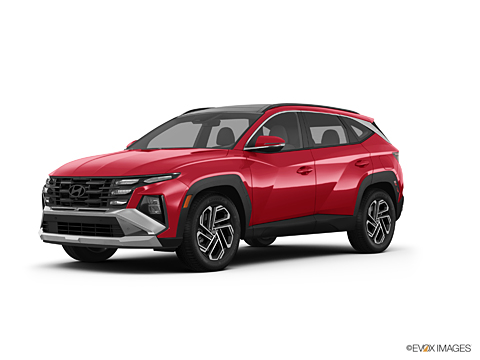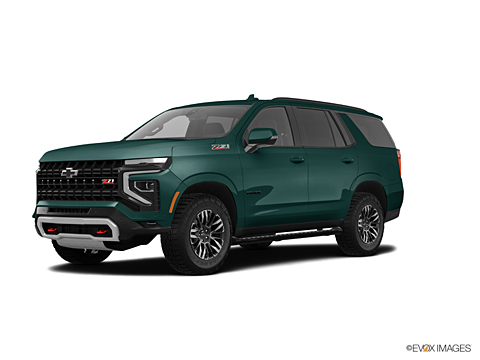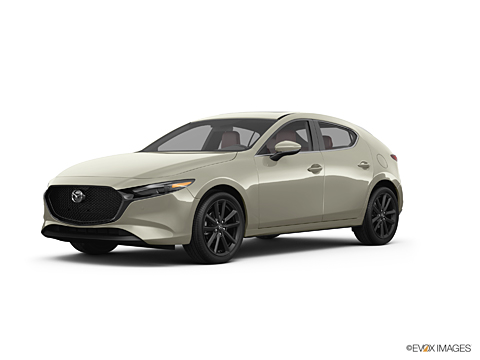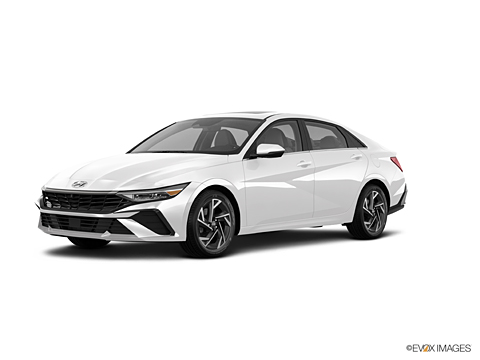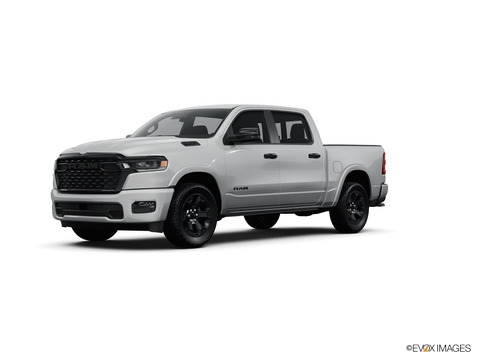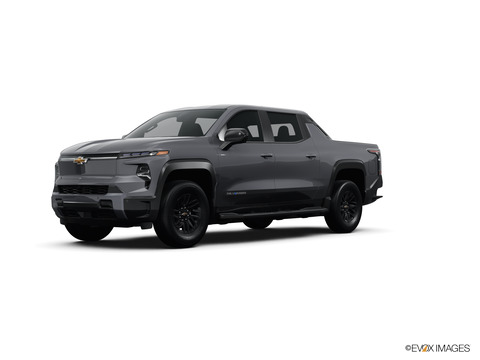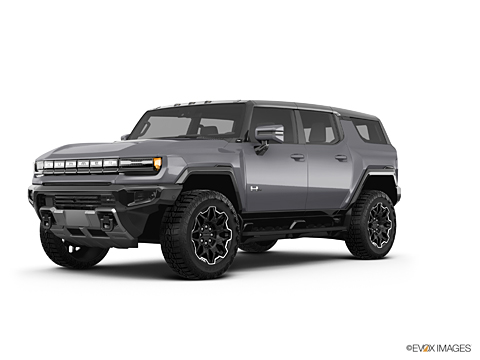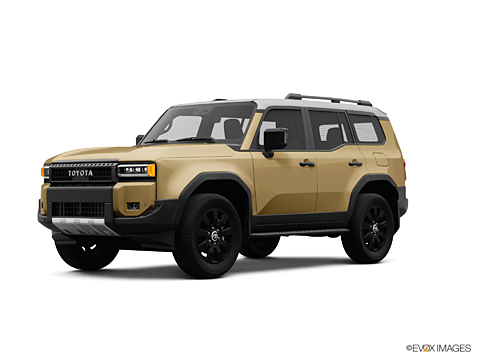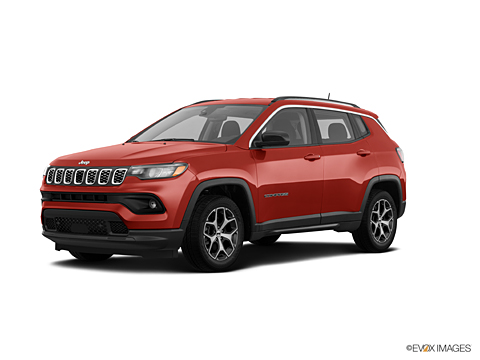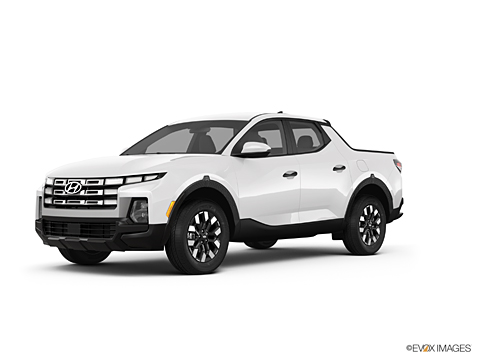
Best CVT Cars for 2025
These are the best CVT cars, SUVs, and trucks based on iSeeCars’ analysis of each vehicle’s reliability, resale value and safety.
Best CVT Cars by Vehicle Type
The letters CVT stand for “continuously variable transmission” and represent an automatic transmission design that doesn’t have set gear ratios. Traditional automatic transmissions, for most of the automobile’s history, have utilized multiple gears that enable a vehicle to operate from 0 mph to over 100 mph. But in recent years automakers have utilized an increasing number of CVT transmission designs on new cars because the transmission design provides better fuel economy.
A CVT works by using two cone- or V-shaped pulleys, connected by a belt or chain, to let the transmission continuously vary a car’s effective gear ratio. This improves fuel economy by allowing an engine to operate in its most fuel efficient RPM range over a wider range of vehicle speeds. A conventional automatic is essentially doing the same thing, but its number of gears is between 2 (on older cars) and 10 (on newer cars), and those fixed gear ratios mean it can’t maximize engine efficiency at every speed like a CVT can.
That’s the upside of CVTs, but they come with a notable downside, too. The CVT driving experience is very different because the transmission’s design effectively mutes the impact of throttle input. This means when you floor a car with a CVT, the transmission doesn’t quickly downshift to provide higher engine revs and more power. Instead, the two pulleys adjust their position to provide more torque, all while engine speed barely changes and the transmission never upshifts. This gives cars with a CVT a slow, sluggish feel.
For economy cars, where a fuel-efficient drivetrain is the top priority, CVTs make sense. That’s why you’ll find them in many smaller, non-performance models. Nissan is one of the main proponents of CVT technology, and tthe company's compact Rogue SUV and Sentra and Versa small sedans all utilize them. Other brands, including Mercedes-Benz and Toyota, have paired CVTs (or eCVTs) with electric motors to improve their hybrid models’ fuel economy or their electric vehicles’ maximum range.
iSeeCars has identified every modern vehicle with a continuously variable transmission and listed them below, according to their vehicle type and size. In each category the models are ranked by their iSeeCars quality score, which takes reliability, resale value, and safety into consideration. You can also read about each model’s new and used price, its fuel economy, and cargo capacity.

Best CVT SUVs
Best CVT Hybrids
How We Rank These Cars
The best CVT cars rank vehicles by iSeeCars Score which is based on our proprietary assessment of a vehicle’s reliability, resale value and safety (based on ratings from IIHS and NHTSA).
We analyze data from over 12 million new and used vehicles in our Longest-Lasting Cars and 5-Year Depreciation Studies, combined with the NHTSA's Safety Ratings to give you an unbiased guide to the best vehicles in each segment.
iSeeCars Score is an analysis of three factors: reliability, resale value and safety. It is calculated based on the latest research and analysis by our data science team. The data analysis comes from over 12 million new and used vehicles in our Longest-Lasting Cars and 5-Year Depreciation Studies, combined with NHTSA and IIHS Safety Ratings.
Vehicles are scored in three categories:

Reliability
The reliability score represents an analysis of iSeeCars' proprietary research on the longest-lasting vehicles.

Value Retention
The value retention score is based on our data science team's statistical analysis and prediction of 5-year depreciation from MSRP to determine which cars hold their value best, using US Bureau of Labor Statistics data to adjust for inflation.

Safety
The safety score is calculated based on the last five years of crash test ratings from the National Highway Traffic Safety Administration (NHTSA) and incorporates the latest Top Safety Pick information from the Insurance Institute for Highway Safety (IIHS).











